Julie retires with happy memories and satisfaction at impact of screening
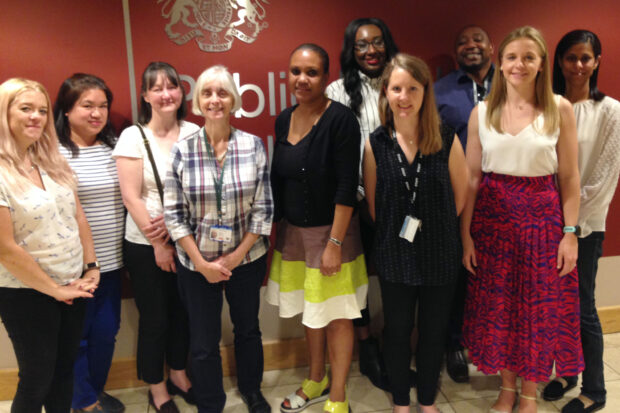
Julie retires after 5 years leading the Newborn Blood Spot Failsafe Solution (NBSFS) project.
Newborn Blood Spot Fail Safe Project Lead

Julie retires after 5 years leading the Newborn Blood Spot Failsafe Solution (NBSFS) project.
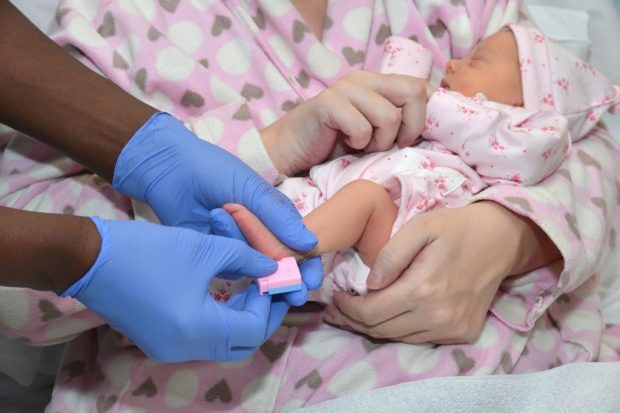
Some fantastic new features have been added to the newborn blood spot screening IT system.

The weekly failsafe report for newborn blood spot screening is changing. Find out more about this important change.
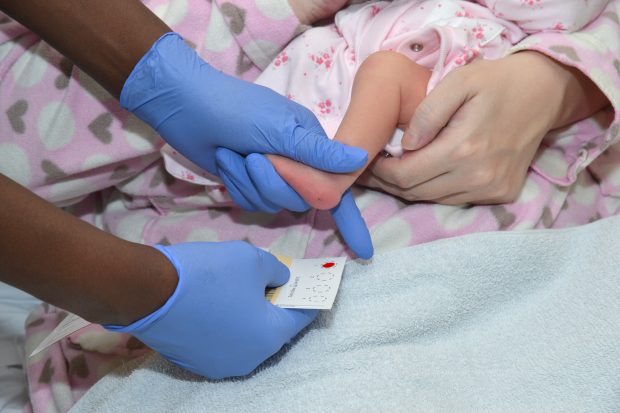
This blog is about a new process for managing the records of babies who are born in England but live in Wales, or have newborn blood spot screening tests carried out in Wales.

...NBSFS. Hopefully, you already know about this from the message which has been on the login page of NBSFS since December, and also an email which we circulated. But if...
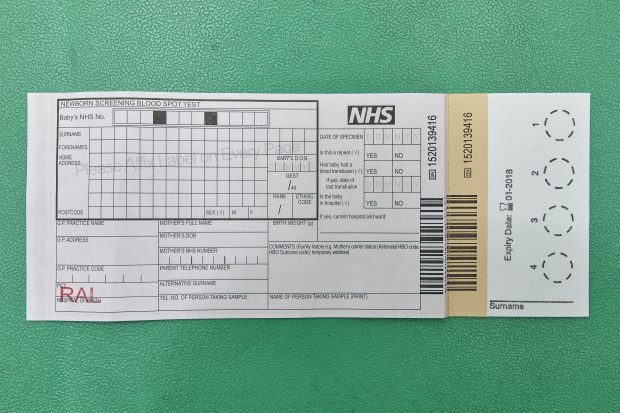
We have published a new user guide for the newborn blood spot failsafe solution on GOV.UK.
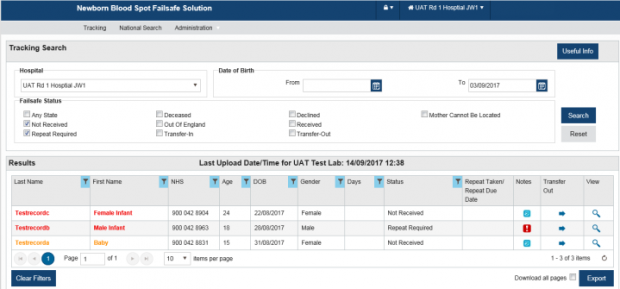
...survey showed that if you use the RQF the query is usually resolved faster. The RQF is in our new user guide. The new interface for the Newborn Blood Spot...
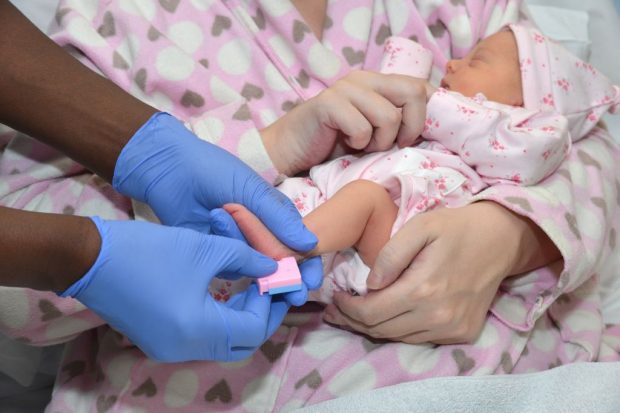
We offer all babies born in England newborn blood spot (NBS) screening for 9 rare but potentially disabling or life-threatening conditions.

The NHS Newborn Blood Spot (NBS) Screening Programme uses a heel prick test to screen newborn babies for 9 rare but serious conditions. Babies who test positive can then be treated early, improving their health and, in some cases, preventing …

...health users in the form of operational level agreements (OLAs) improving notification when a baby dies The user group is currently focusing on: improving communication with the IT system’s helpdesk...
Public Health England (PHE) existed to protect and improve the nation’s health and wellbeing, and reduce health inequalities. It closed on 30 September 2021 and this blog is no longer updated.
Find out more about the implications for health screening in our Changes ahead for the national screening system blog article.
If you want to stay in touch with screening evidence and policy news, you can subscribe to the UK National Screening Committee blog.